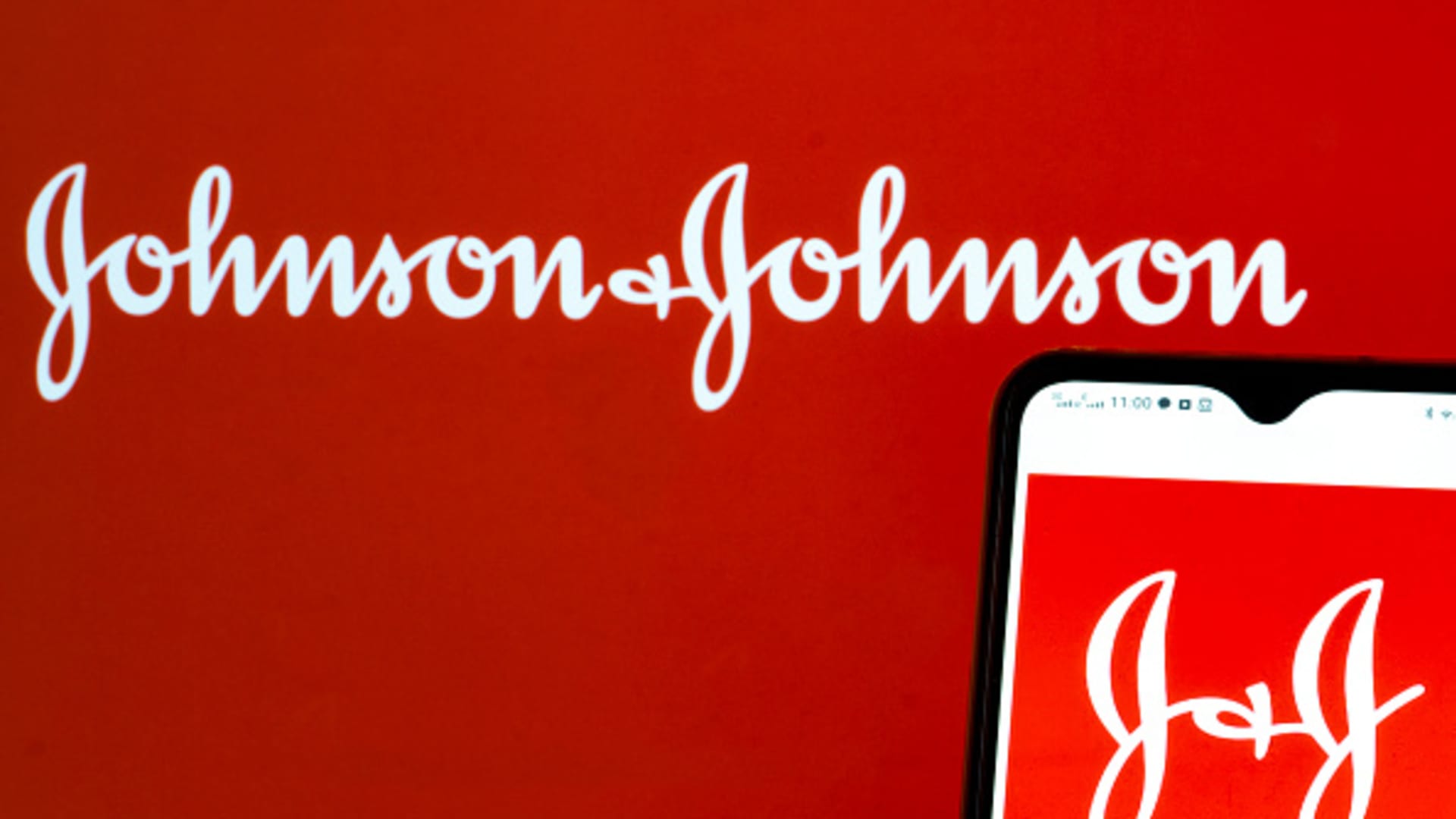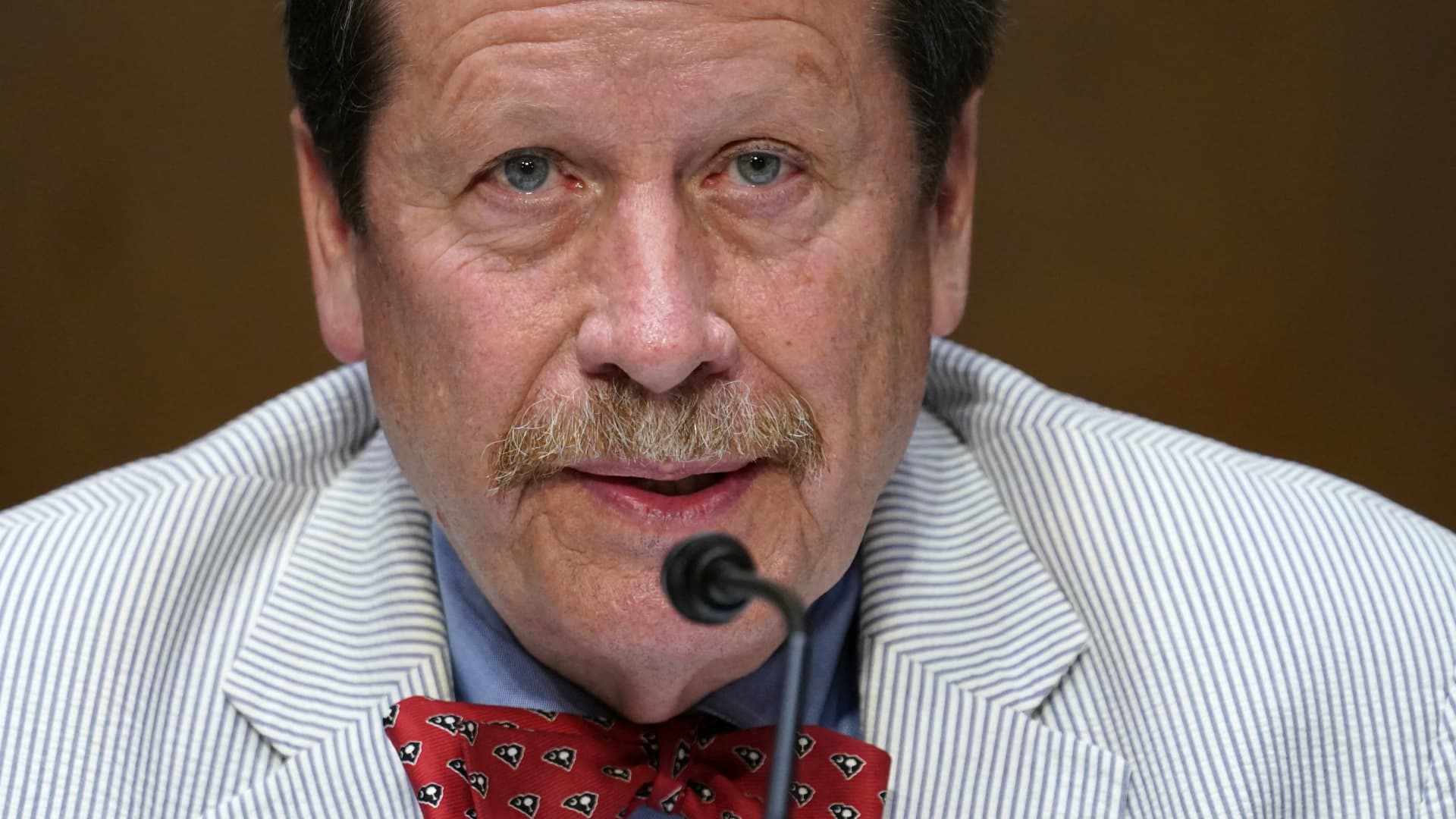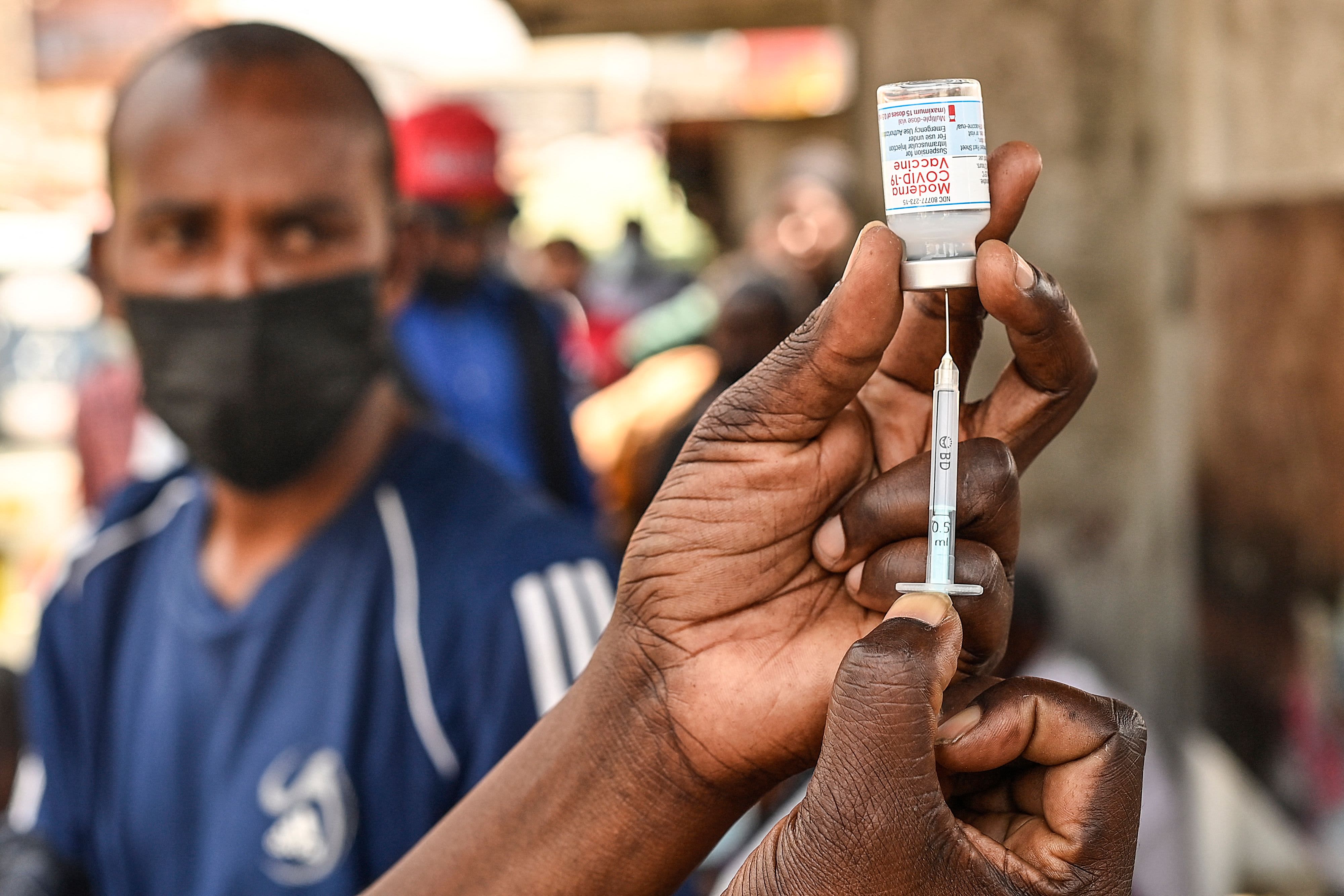Johnson & Johnson consumer health unit valued at $40 billion ahead of IPO, report says
J&J's consumer health unit Kenvue aims to raise $3.5 billion or more in the initial public offering, sources told The Wall Street Journal.

Johnson & Johnson logo
SOPA Images | LightRocket | Getty Images
Johnson & Johnson's consumer health business is valued at $40 billion ahead of its initial public offering later this year, according to a report by The Wall Street Journal.
The soon-to-be spinoff Kenvue aims to raise $3.5 billion or more in the offering, people familiar with the matter told the Journal.
The newspaper noted that "the share sale would be by far the biggest of what so far has been a quiet year for IPOs."
Kenvue plans to meet with prospective investors as early as Monday, the sources told the Journal.
When asked about the Journal's report, J&J spokesperson Tesia Williams told CNBC, "Unfortunately, I do not have any information to provide."
J&J previously said it expects to complete the separation from Kenvue by mid- to late 2023.
The consumer staples giant has also said it will retain majority ownership of Kenvue, with plans to trim the rest of its stake later in the year.
Kenvue's stock would trade on the New York Stock Exchange under the ticker KVUE.
J&J unveiled its plan to spin off its consumer health business in late 2021. That division makes Band-Aid bandages, skin care products under the brands Neutrogena and Aveeno, pain relief drug Tylenol and J&J's baby powder.
J&J still faces thousands of allegations that its talc baby powder and other talc products caused cancer.
A federal bankruptcy judge last week halted nearly 40,000 talc lawsuits through mid-June. That decision was part of J&J's second attempt to settle talc claims in bankruptcy proceedings.
The temporary hold will give J&J time to try to win court approval of its $8.9 billion proposed settlement with plaintiffs in the talc cases.
Kenvue will assume talc-related liabilities that arise outside the U.S. and Canada, according to its IPO filing.

 UsenB
UsenB 
































